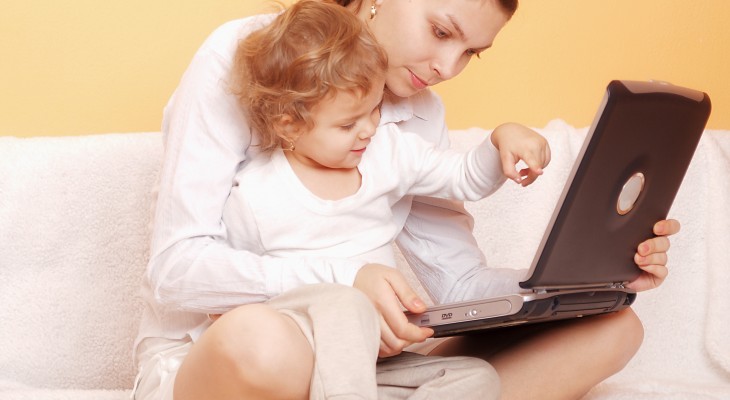Three quarters of parents (75%) find environmentally friendly labelling on baby products confusing

MILLIONS of Brits are being thwarted in their attempts to go green because they don’t know what all the eco-jargon using on packaging means, a study shows. More than three quarters of parents are confused by environmental jargon such as bio-degradable, carbon negative, recyclable and sustainable.
With 85% of parents feeling under pressure to do the best for their baby and the planet when choosing baby products, it is no surprise that 9 in 10 parents want to buy products that are eco-friendly.
But many feel they are unable to fully understand what is and isn’t eco-friendly due to the amount of confusing jargon used. Among the most confusing jargon for parents is ‘carbon–negative’ (35%), ‘carbon-neutral’ (30%), ‘eco-friendly’ (25%), ‘recyclable’ (24%) and sustainable’ (23%).
While when it comes to choosing baby products, the most confusing eco-term for parents is ‘biodegradable’ (27%), with many not truly understanding what it means. Other confusing eco terms included, flushable (19%), compostable (16%) and organic (17%).
To help parents understand the jargon around eco products WaterWipes® have launched an eco jargon dictionary, which provides guidance for parents to make informed choices when choosing baby products in easy-to-understand language.
Parents often feel under pressure to buy with the environment in mind and a third of parents said they have felt judged on occasions they bought baby products that were not eco conscious.
The research from WaterWipes® also revealed that over 90% of parents across the UK believe it’s important that baby wipes are environmentally friendly. Which is understandable, as parents in the study go through on average two packs of wipes a week.
When it comes to baby skin, nearly all parents surveyed (92%) believe that minimal ingredients are important in baby care products – and nearly half of parents ranked being suitable for sensitive skin (49%) and not having unnecessary chemicals (46%) as some of the top aspects they expect from a baby care product.




